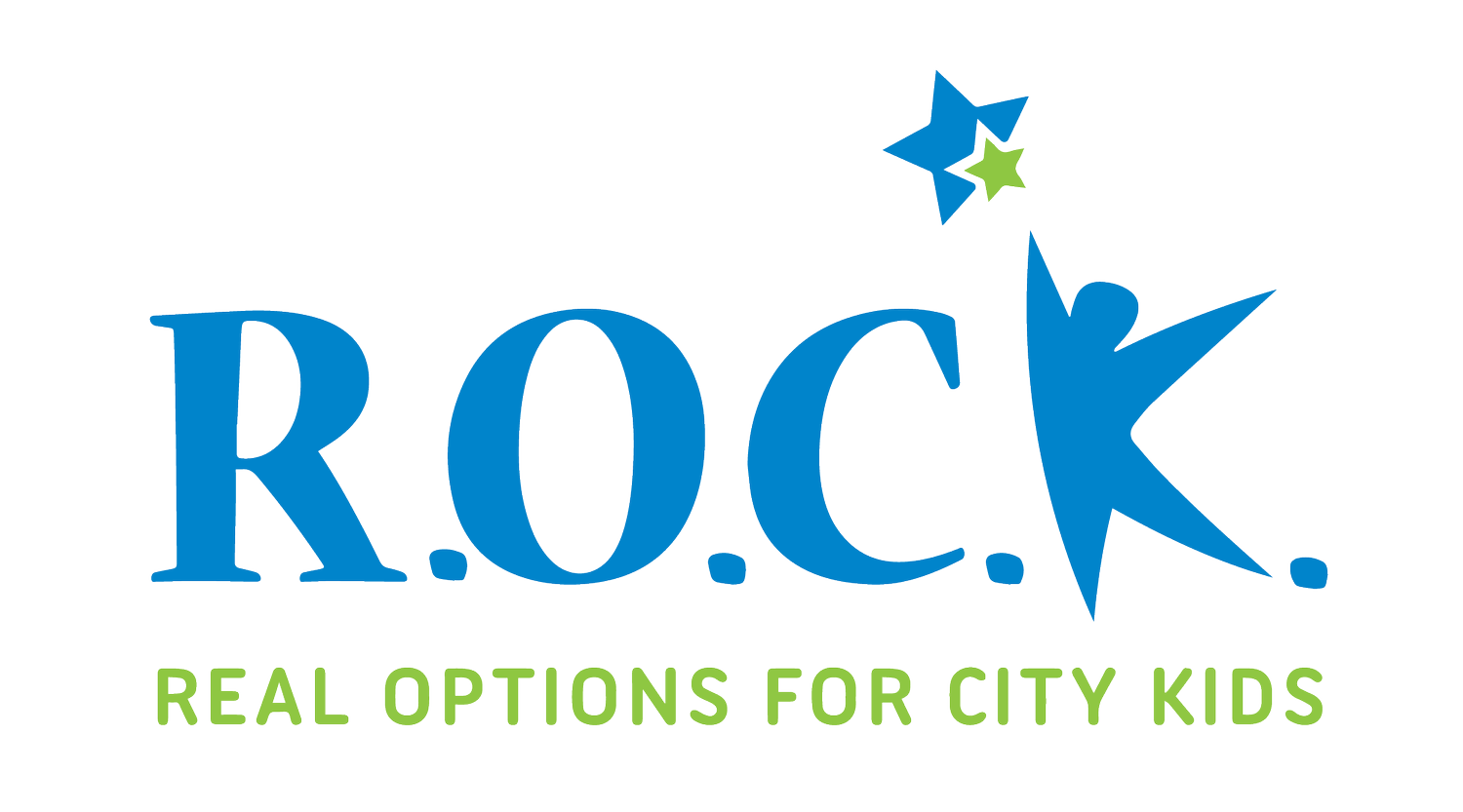My Vote Counts (We Do It For The Culture)
Grade Range: 6–8
SEL Domains: Problem Solving
Estimated Time: 90 Minutes
Relational Risk: Medium
Lesson Description
Students explore how emotions like frustration, hope, and anger influence civic engagement by analyzing perspectives on voting, reflecting on community issues, and identifying actions they can take to advocate for change.
Learning Objectives
Define how emotions connect to political participation and civic responsibility
Analyze YelloPain’s spoken word performance to identify emotional appeals and their significance
Reflect on personal views about voting and discuss multiple perspectives
Develop an understanding of how civic action—even without voting rights—can make an impact
Materials Needed
Graphic organizer (for quote reflections)
Chart paper/board
Journals or notebook paper
Writing utensils
Lesson Structure
CYPHER (10 min)
Ritual: Libation / Acknowledgements / Apologies / Announcements / Affirmations
ICEBREAKER / HOOK: “Politics and Power” (10 min)
Define Politics and Power together
Pair–Share reflection prompts:
What does politics/power mean to you?
What community issue makes you feel something strong—and what’s that emotion?
Switch partners once
Group Share: Highlight how emotions like anger, pride, or frustration often drive change
PART ONE: “Emotions and Voting” (30 min)
Video + Discussion
Watch YelloPain’s “My Vote Don’t Count”
Prompt Questions:
How does YelloPain use emotion to communicate his message?
What part of the video stood out to you, and why?
Pair–Share → Whole Group Discussion: Centering emotion and civic action
PART TWO: “Why Vote?” (35 min)
Introduce Quotes (3 perspectives on voting)
Read aloud and project/display
Quote 1: “Elected officials make decisions about things we care about—like whether our school gets more funding or if social media/TikTok is regulated. Voting can help ensure that those decisions benefit us.”
Quote 2: “No matter who’s in office, it feels like nothing changes for people like us. Politicians don’t really know what we need.”
Quote 3: “Voting can make a difference on some issues, like local policies, but it’s only part of the picture when it comes to what impacts our lives.”
Individual Reflection (10 min)
Choose one quote to respond to using a graphic organizer:
What emotions/experiences drive this view?
Why might someone disagree?
What laws or issues directly affect you, and how do they make you feel?
Small Group Cypher (10 min)
Group by quote choice → Discuss shared and differing views
Whole Class Cypher (10–15 min)
Share insights across groups
Teacher prompts to challenge thinking:
Would you feel differently with more resources or representation?
Can you think of local/state issues where voting did (or didn’t) make a difference?
PART THREE: SEL Journaling (15 min)
Prompt:
Choose a law or issue you care about
Describe how it affects you or people you know
What action could you take—without voting rights—that could make a difference?
How does turning your feelings into action help you feel powerful?
